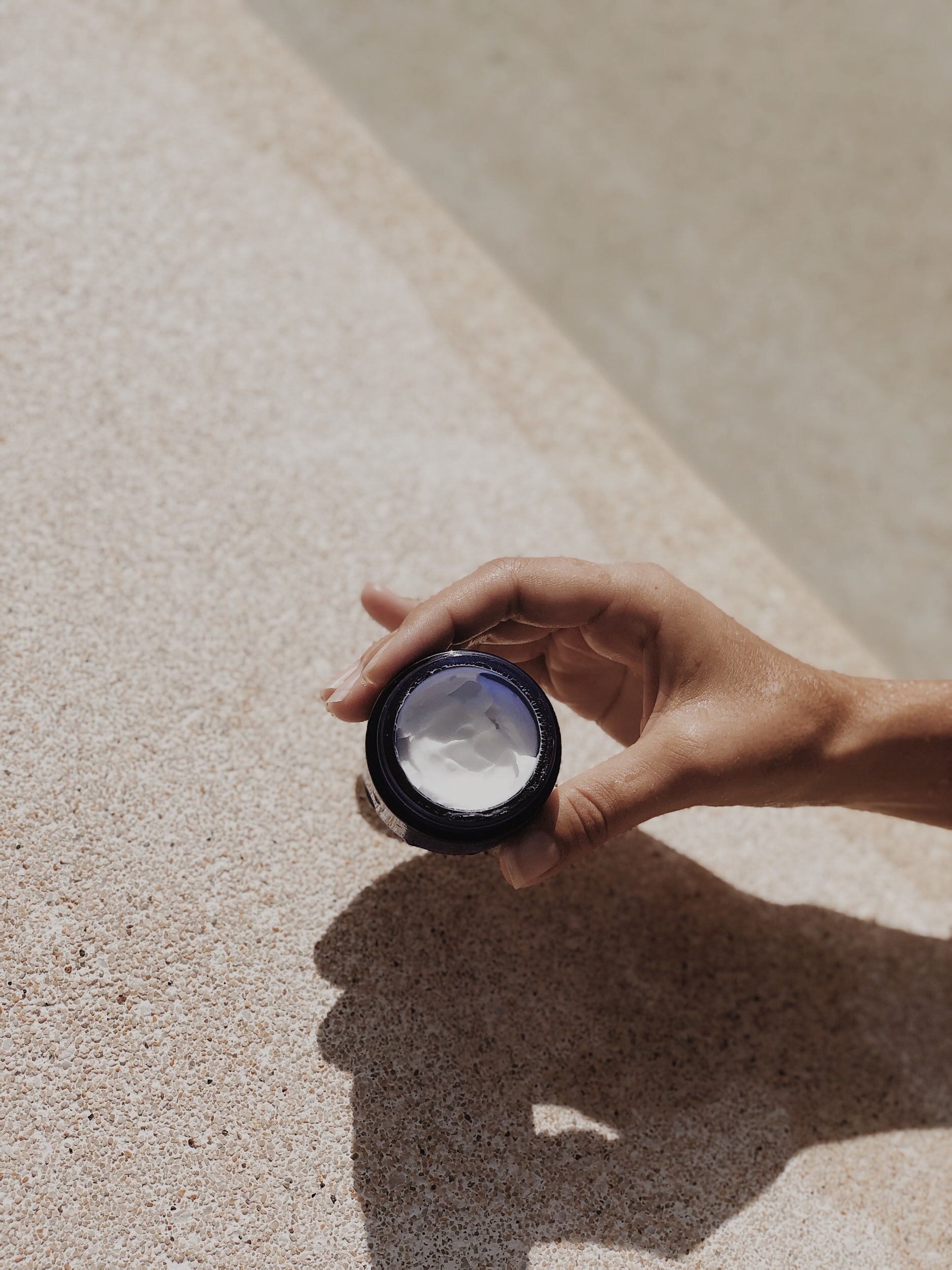Hives often occur when a person’s immune system is experiencing an imbalance. These raised red bumps on the skin are often a signal that the body is under stress or under attack. Either way, they signal that rest is needed.
Thinking about the process of childbirth and everything that happens leading up to the day of delivery, it doesn’t come as a surprise that a woman’s immune system takes a hit. Between the flush of hormones (those for pregnancy stop production while those for post-pregnancy and breastfeeding begin production), the physical stress of childbirth, the psychological stress (worry) that comes with caring for a little one, all combined with the lack of rest due to needing to wake up to feed the baby every two hours, and women’s immune systems are primed for a big reaction.
Postpartum hives are known to affect about 20% of women, post delivery, and are more common among women who are first-time mothers. They often appear on the arms, back, and legs, and can also appear on the stomach and face. The hives are a sign that the woman’s immune system is reacting to an allergen or a stressor. In some cases, due to hormone changes, women can discover that they are allergic to things they weren’t allergic to before. Those who already had allergy problems have also reported experiencing worse or more frequent attacks.
Apart from an allergen or stress, two common causes of postpartum hives are an imbalance of the liver enzymes and/or an infection. Pregnancy and post pregnancy can cause the liver to slow down in filtering out waste from the bloodstream, and this build up can cause hives. Similarly, the lowered immune system response due to stress can make the body more susceptible to infections that cause hives. Because of these two possibilities, it is important that women see their OB GYN if hives appear.
The hives can appear in the first few weeks after giving birth, and they can last anywhere from a few days to a few weeks–often until the body has settled and has found equilibrium again. Treating postpartum hives–if not due to a liver imbalance or infection–is very similar to treating any allergic reaction: drinking lots of water, getting plenty of rest, boosting the immune system, and taking allergy medications (with your OB GYN’s advice) can help clear up the hives. Breastfeeding women should especially consult their doctor before proceeding with any form of medication (topical and/or oral) to ensure it doesn’t affect the breastmilk.
Though stressful when they appear–as if having had a baby isn’t stressful enough!–postpartum hives are normal and relatively easy to treat. In some ways, they are a blessing because they are a reminder that women need rest and relaxation after just having done what only they can do–co-create, grow, and birth another human.


Leave a Reply